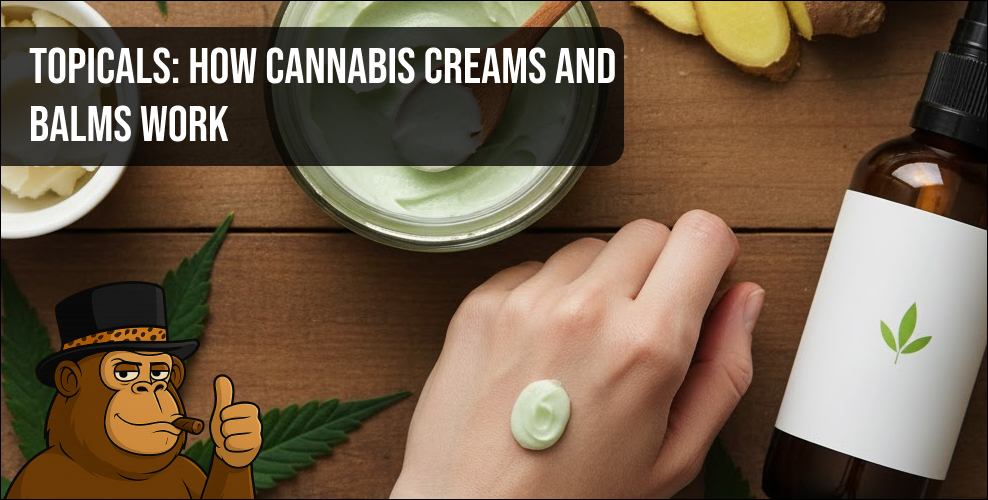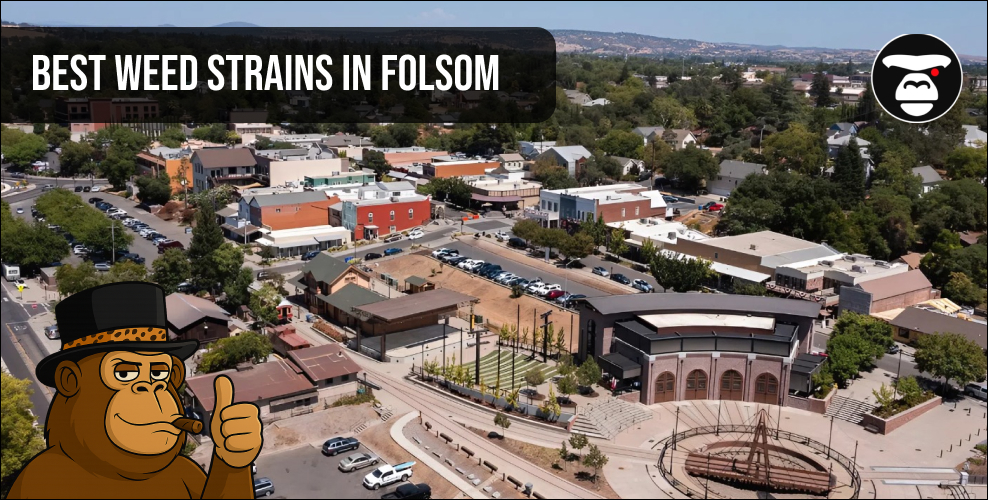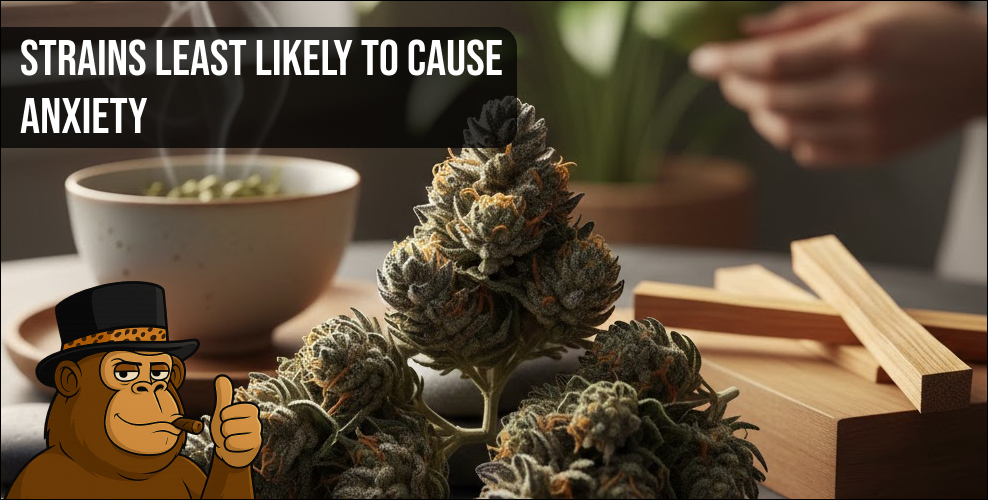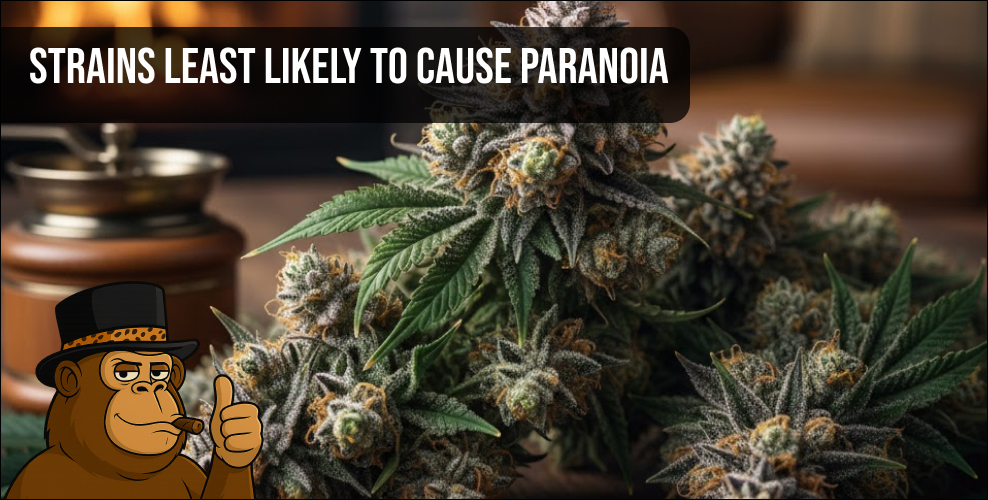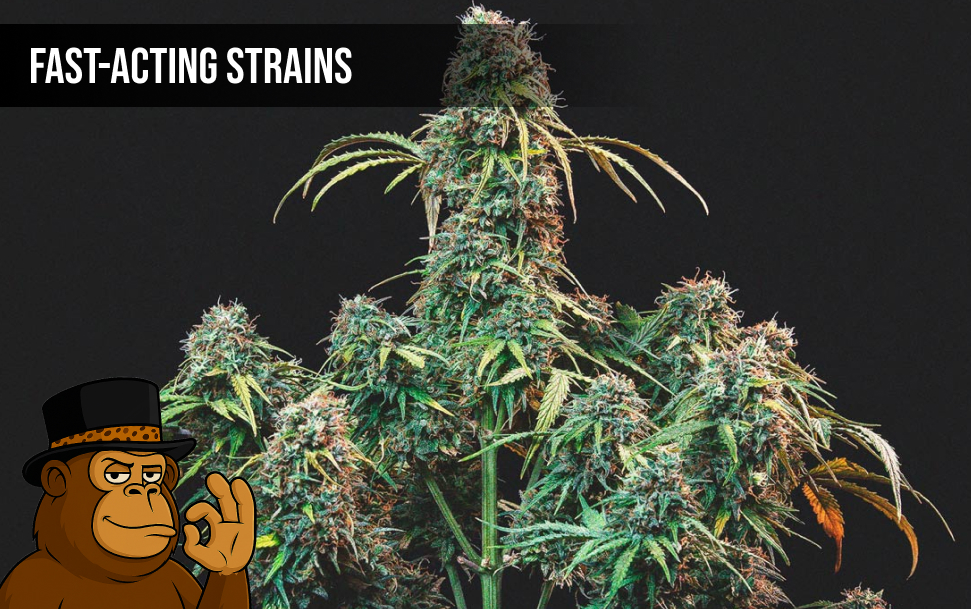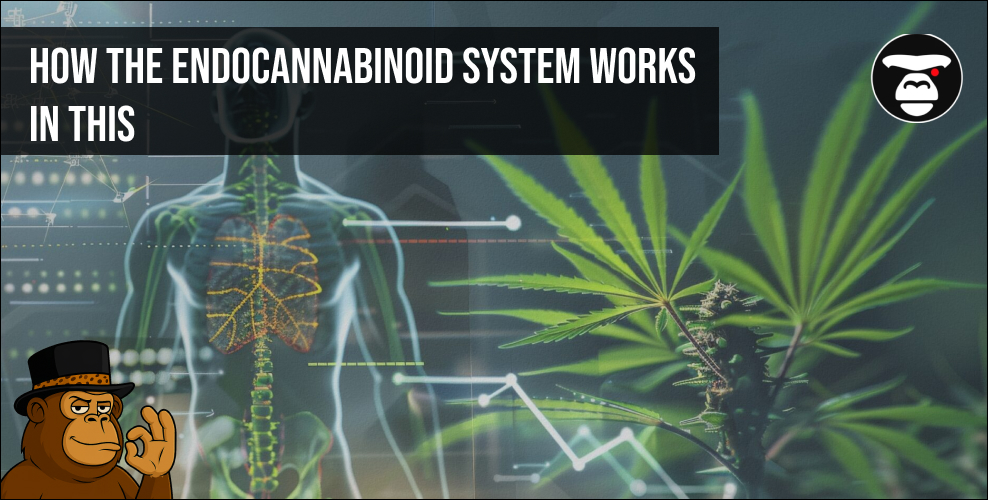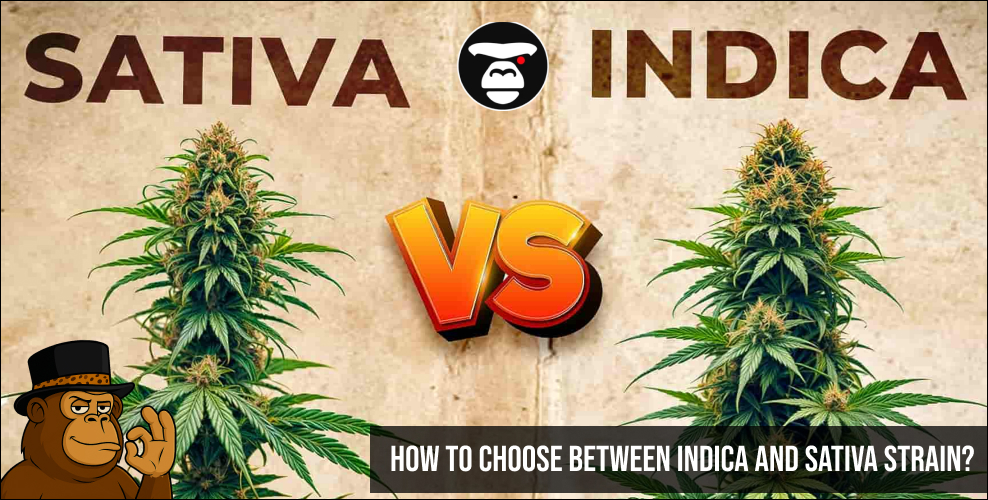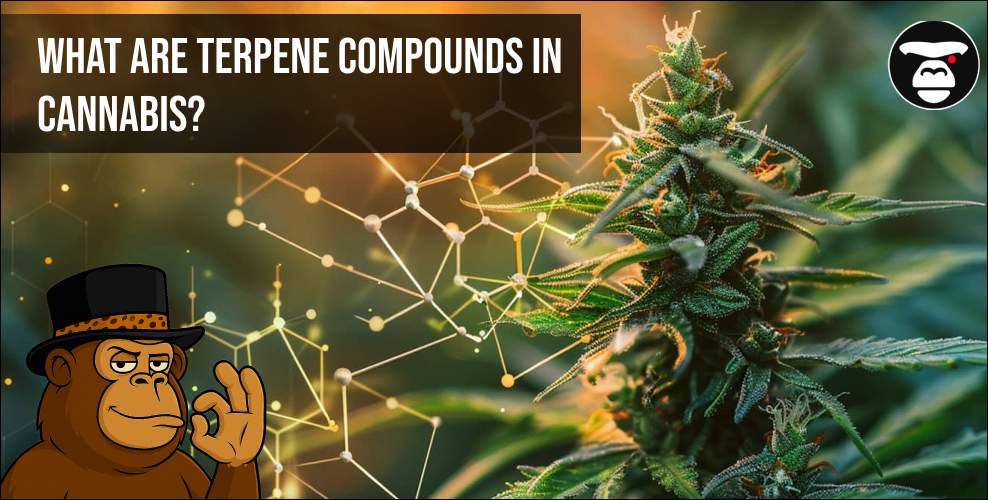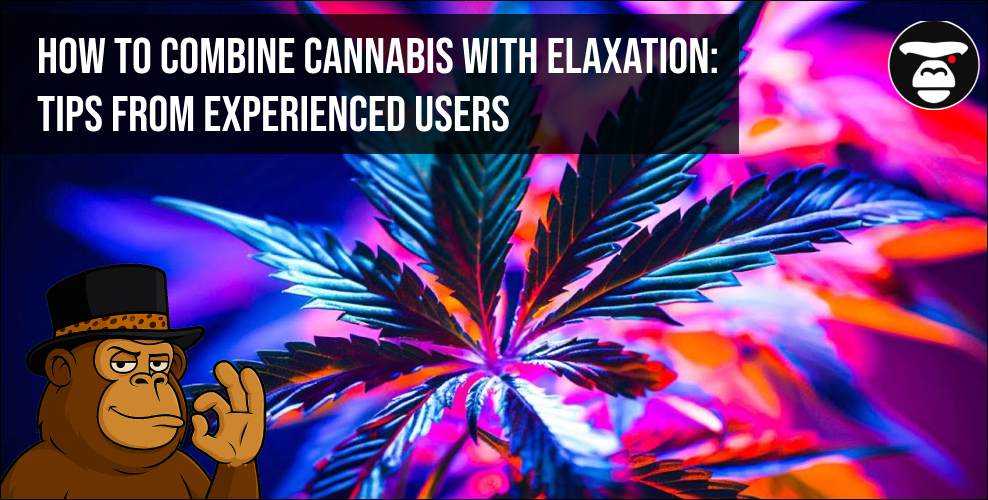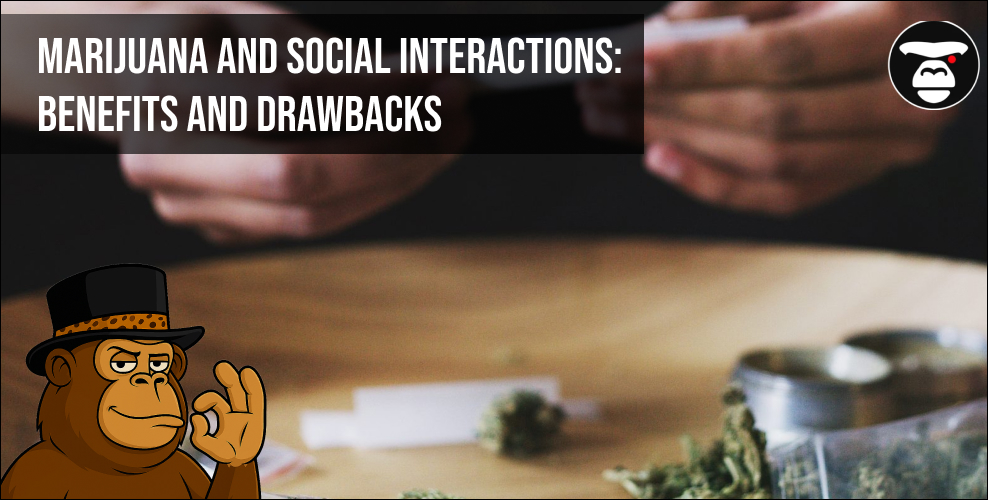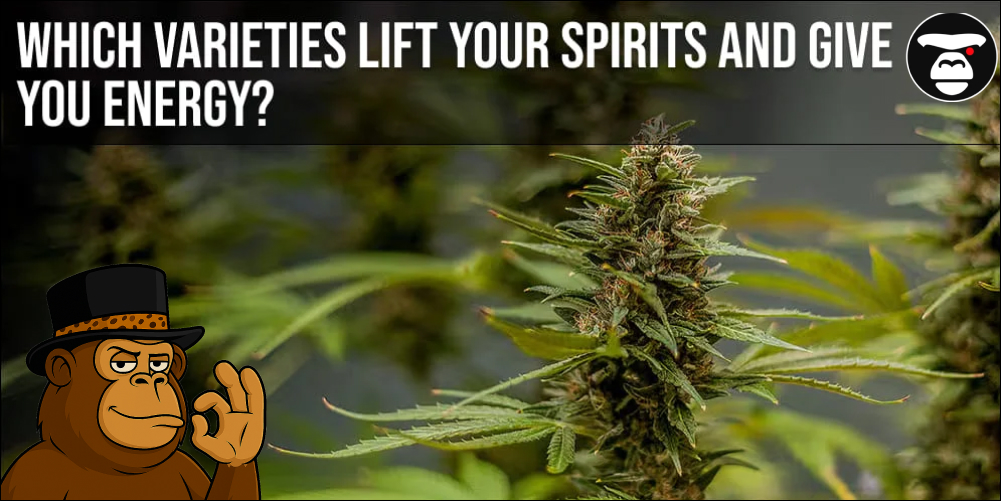
Weed Education
Does Weed Have Nicotine?

In the swirling midst of debates and discussions around the use of weed, a question often arises — does weed have nicotine? This inquiry has prompted a wave of curiosity among users and non-users alike, leading to a comprehensive exploration of what components make up the cannabis plant and how it compares to traditional tobacco products.
As we delve into this topic, it’s essential to understand the distinctions, similarities, and misconceptions surrounding weed and nicotine, providing clarity and insights into what consumers are actually inhaling.
Understanding the Basics: What is Weed?
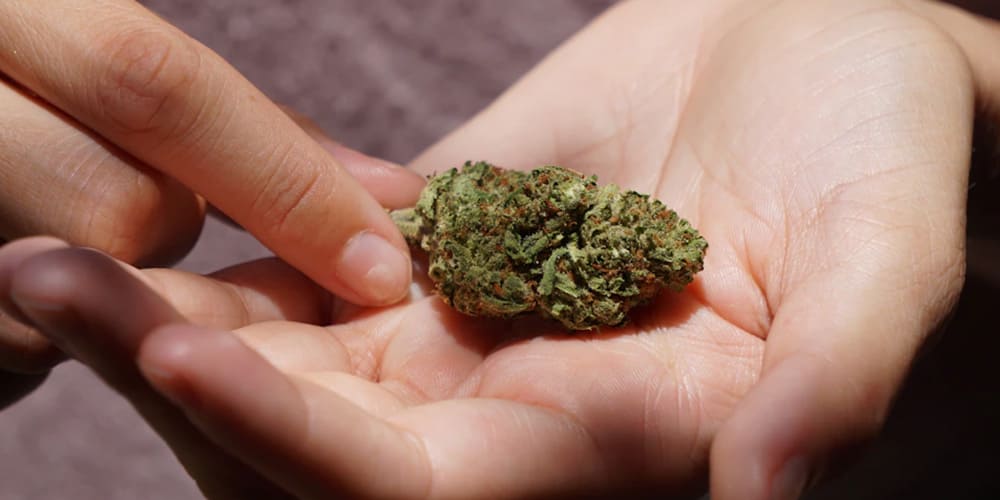
Understanding weed, or cannabis, is fundamental before delving into more complex discussions. This plant, hailing from the Cannabis sativa or Cannabis indica species, is comprised of various parts including dried flowers, leaves, stems, and seeds. These components, when combined, form the substance commonly used both recreationally and medicinally.
Central to weed’s effects is tetrahydrocannabinol, a psychoactive compound responsible for the “high” that users experience. THC’s presence, alongside a variety of other cannabinoids and terpenes, contributes to cannabis distinctive aroma, flavor, and its array of therapeutic properties.
These compounds within weed work together to produce its renowned effects. The combination of THC, other cannabinoids, and terpenes creates a complex interplay that influences the plant’s overall impact. This synergy not only defines the unique experience of consuming weed but also underscores its potential for therapeutic use, highlighting the plant’s multifaceted nature.
Dive into the luxurious blend of Cotton Candy and White Truffle Hash Hole Pre-Roll. Experience the euphoria of Cotton Candy and the deep relaxation of White Truffle, a perfect match for those seeking a balanced escape. Ideal for relaxation and creative sparks.
Nicotine: A Brief Overview
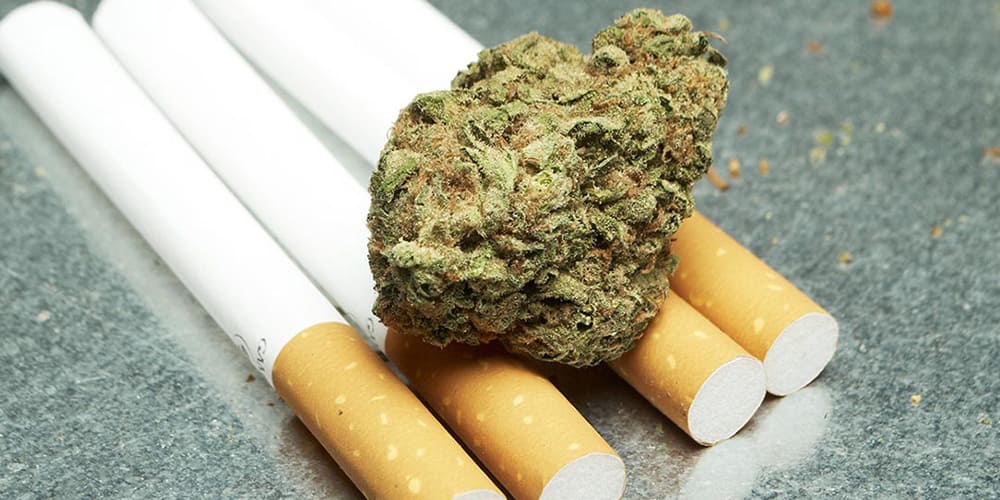
In contrast, nicotine, primarily sourced from tobacco plants, acts as a potent stimulant. It’s recognized as the principal factor behind the addictive nature of tobacco-related products, including cigarettes, cigars, and smokeless tobacco variants. This compound has a profound effect on the body’s neurological system.
Upon ingestion, nicotine triggers the release of adrenaline and dopamine within the brain. This reaction not only induces a temporary state of pleasure and heightened alertness but also lays the groundwork for addiction. The immediate effects of nicotine can be appealing to users, masking the longer-term health implications.
The dependence on nicotine, fostered through regular consumption, poses significant health risks. Beyond its addictive qualities, nicotine’s impact on the body extends to various adverse health conditions, underscoring the critical need for awareness and caution among users. This starkly contrasts with substances like THC, highlighting the diverse effects and risks associated with different psychoactive compounds.
Dispelling the Myth: Does Weed Have Nicotine?
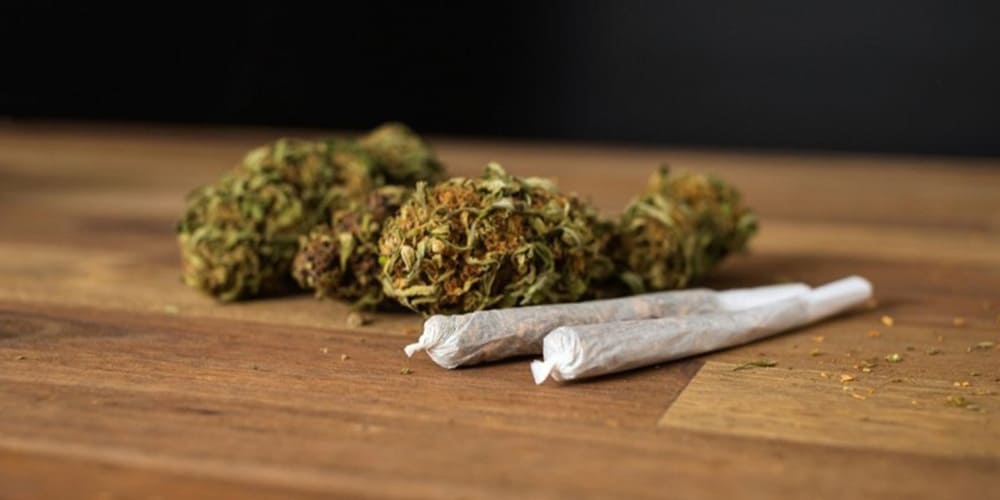
Addressing the core inquiry: weed does not inherently contain nicotine. This clarification is crucial as it delineates the distinct origins of these substances—nicotine from tobacco plants and cannabis’s compounds, including THC, from the Cannabis sativa or indica species. Each plant harbors its unique set of chemicals, underscoring the differences in their makeup and effects.
The association between weed and nicotine may arise from certain consumption habits. Some individuals choose to blend tobacco with cannabis, seeking to augment the effects of both. This practice, while common in various cultures, contributes to the misconception that cannabis might naturally possess nicotine.
This confusion is further compounded by general misunderstandings about cannabis’s composition. Despite the overlapping use patterns with tobacco among some users, it’s critical to recognize and communicate the clear distinction: cannabis, in its pure form, does not contain nicotine, highlighting the importance of distinguishing between the substances and their sources.
Experience the vibrant taste of summer with our Strawberry 2 original mini joints, each 0.5-gram sativa delights. Known for its natural strawberry flavor and uplifting effects, it’s perfect for a refreshing, energizing experience. Hand-rolled with premium flower for quality, in child-resistant packaging.
Research and Studies: Uncovering the Truth

Scientific inquiry sheds light on the matter, unequivocally confirming that weed does not contain nicotine. Through chemical analyses of cannabis, researchers have established its distinct composition, devoid of nicotine. This distinction is crucial, as it dispels common misconceptions and highlights the need for continued research into the nuanced effects and potential risks or benefits of these substances.
The heart of the issue lies in the direct response: weed, by nature, does not include nicotine. The origins of this misconception are twofold—some users’ practice of combining tobacco with cannabis and a general misunderstanding about cannabis’s chemical makeup. These practices have muddled public perception, necessitating clear communication and education on the matter.
The ongoing dialogue and investigation into cannabis and nicotine underscore the complexity of their effects on human health. As studies progress, they not only reaffirm the absence of nicotine in cannabis but also contribute to a deeper, more nuanced understanding of these substances. This evolving landscape of knowledge encourages an informed, open discussion about their use and impacts.
Discover ZKITTLEZ Prerolls Hash Rosin Infused and kief for unmatched potency. Savor the sweet, complex flavors and enjoy the uplifting yet relaxing effects. Ideal for both recreation and therapeutic use, it’s perfect for enhancing creativity and managing various conditions.
Consumer Awareness and Misinformation

In today’s digital era, the rapid spread of misinformation, such as the notion that “weed contains nicotine,” highlights the critical need for accurate consumer education. The swift dissemination of myths can quickly shape public perception, often to the detriment of informed decision-making.
To combat this, awareness campaigns and the provision of precise, accessible information are indispensable. These initiatives are fundamental in correcting misconceptions, offering clarity on topics like the chemical contents of cannabis versus tobacco.
Empowering individuals with accurate information enables them to make well-informed choices regarding their health and substance use. By dispelling myths and fostering a more informed public discourse, society can navigate the complexities of cannabis use with greater understanding and responsibility.

